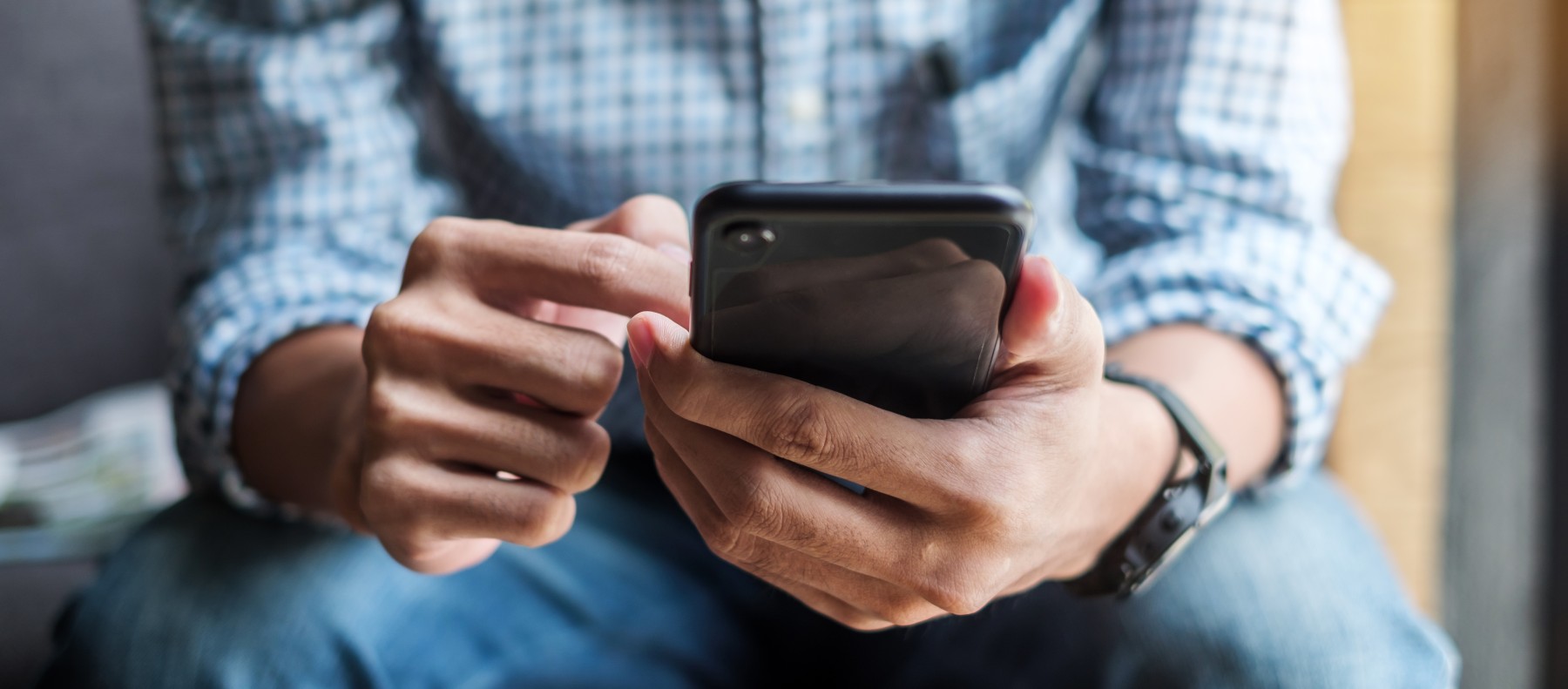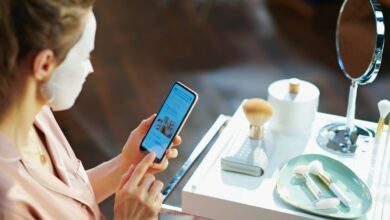Follow these simple steps to cut down on your smartphone use—and save time

Are you spending more time on your smartphone than you would like to be doing? Four or five hours a day perhaps? Or longer? Fear not. Help is at hand.
Researchers at McGill University in Montreal, Canada suggest they have found an answer to those who have trouble cutting back on their phone screen time, a problem many face throughout the world these days.
Read More »Social media and smartphones have become a part of just about everyone’s daily life, says Samuel Veissiére, professor of psychiatry at McGill University who supervised the research. Many people still battle to use them in a way that could be considered to be healthy, however. The intervention offers a part of the solution.
Negative impact
Problematic phone use can have negative effects, the research team members explain. When used while driving it increases erratic behavior, slows down reaction time, and can result in collisions.
Work performance can be affected when an employee talks on the phone or receives and responds to text messages while working.
Overuse of a smartphone also has been associated with lower university grades.
At night, problematic phone use is linked with later bedtimes and lower quality of sleep.
Some even have linked overuse of a smartphone with depression.
Although some of these arguments have been contested, the best argument against excessive smartphone use is that many people feel they could be spending unnecessary time on the phone doing something more useful, researchers say.
Saved an hour a day
The research team tested their nudges on a group of participants who were spending four to five hours a day on their phones. The interventions succeeded in reducing the time spent looking at the phone screen by about an hour a day. It also helped to improve sleep quality.
Above all, they saved time. In some cases they freed up the equivalent of a complete week of full-time work each month, says Jay Olson, a post-doctoral student at McGill University, who led the study.
A detailed look at the nudges
Here are the nudges participants in the study used to cut back successfully on their smartphone use:
• Notifications
Turn off notifications that are non-essential, such as sounds, banners, and vibration. These can disrupt your work and might increase your stress levels.
• Accessibility
Ensure your phone is on silent (vibration off), out of sight, face down, and out of reach when you are working and not using your phone during the entire day. Research has shown that merely having the smartphone near you might affect your cognitive performance.
• Unlocking
Disable any face or fingerprint scanners that can unlock your phone. Instead, use a password. Research shows that having a delay before you are able to access your phone apps can reduce their usage.
• Sleep
When you go to bed keep your phone on silent, with vibrate off, and out of reach—that could mean putting it on the other side of the room. Avoiding the use of a smartphone at night might improve your quality of life and your sleep, studies show.
• Display
Turn down the brightness on your phone. Set it to black and white (greyscale). Also change the color warmth to filter out any blue light. That is, turn on the “night shift” feature. Reducing light before going to bed might improve your sleep. A greyscale setting has been found to cut back on screen time, anxiety, problematic phone use, and motives to use the phone.
• Social media
In a folder, hide your email and social media apps, such as Outlook, SnapChat, Instagram, Facebook, and Gmail. Move the folder off the home screen. You can even delete the folder. Cutting back on your use of social networking sites might improve your overall feeling of wellbeing, according to some research.
• Computers
Try to conduct web searches, social media, or email tasks on a computer rather than on your phone. Use of social networking sites usually take place on smartphones and might be more likely to result in habitual use as opposed to their use on computers.
• Relationships
Tell your friends, family, or colleagues that you will reply less often to messages—unless they phone you directly. Cutting back on the expectation that you will reply immediately might cut your motivation to use the phone.
• Presence
Leave your smartphone at home when you are shopping, going to the gym, or other times when you do not need to have it on you. Not being accessible to a phone will stop it from interfering with other activities, such as social relationships.
• General
Generally, try to use your phone as seldom as you possibly can. Doing so by using your will power, studies show, will increase your wellbeing.
The study appears in the International Journal of Mental Health and Addiction.





